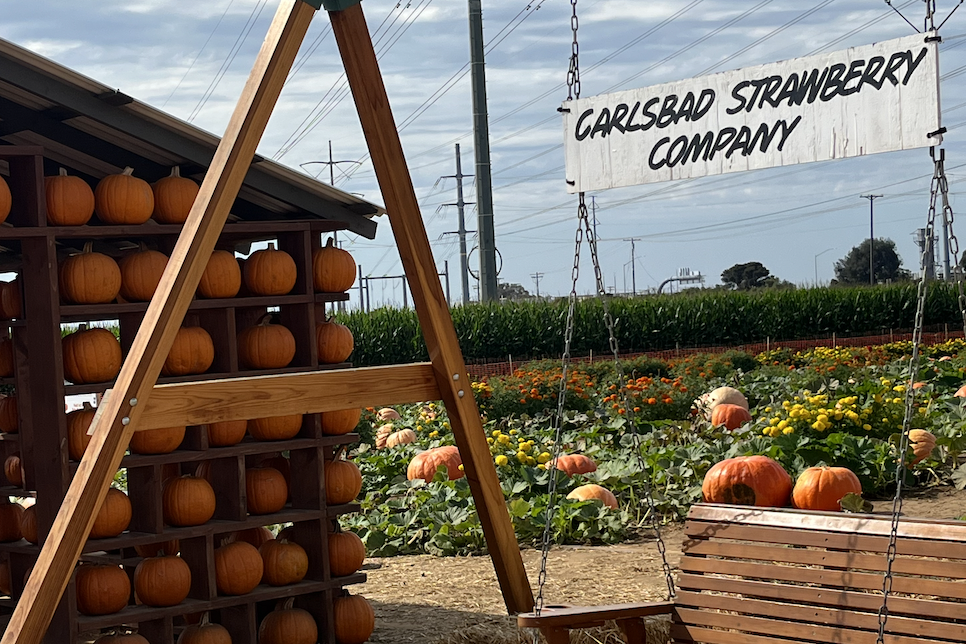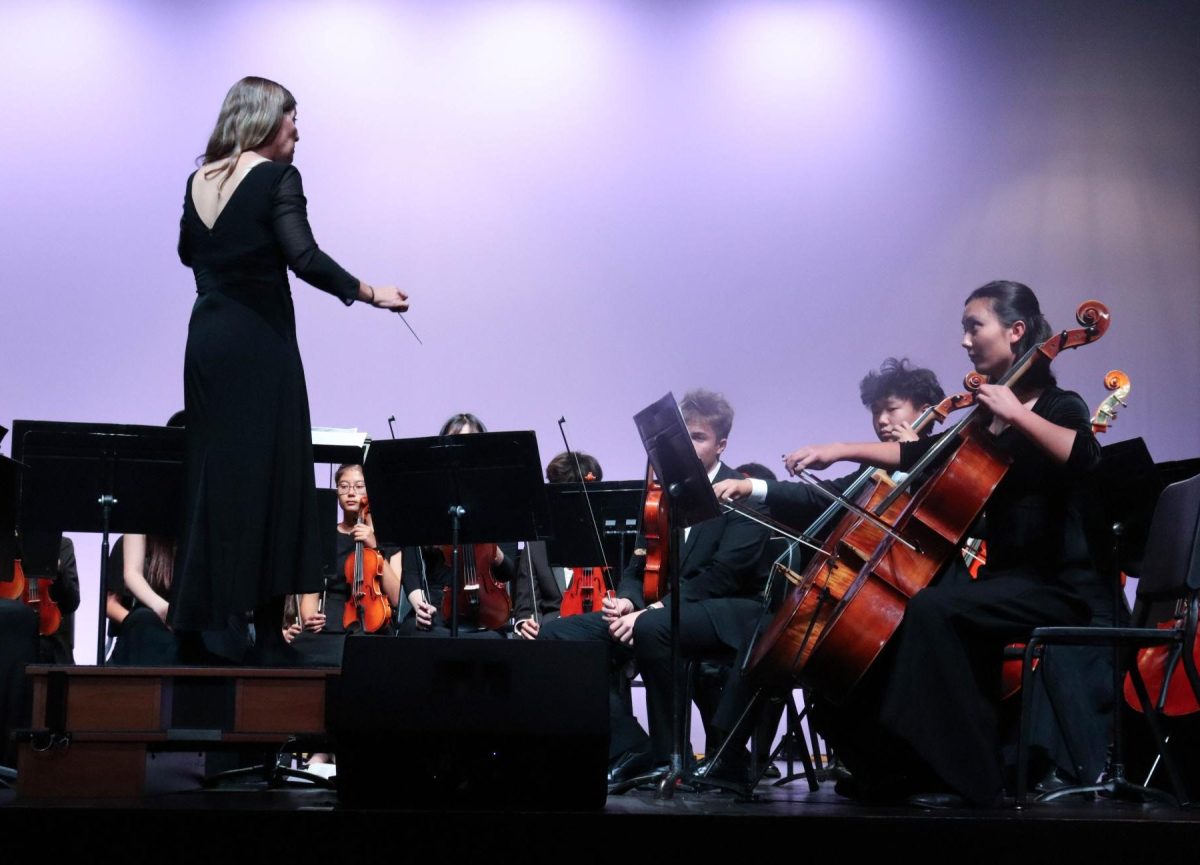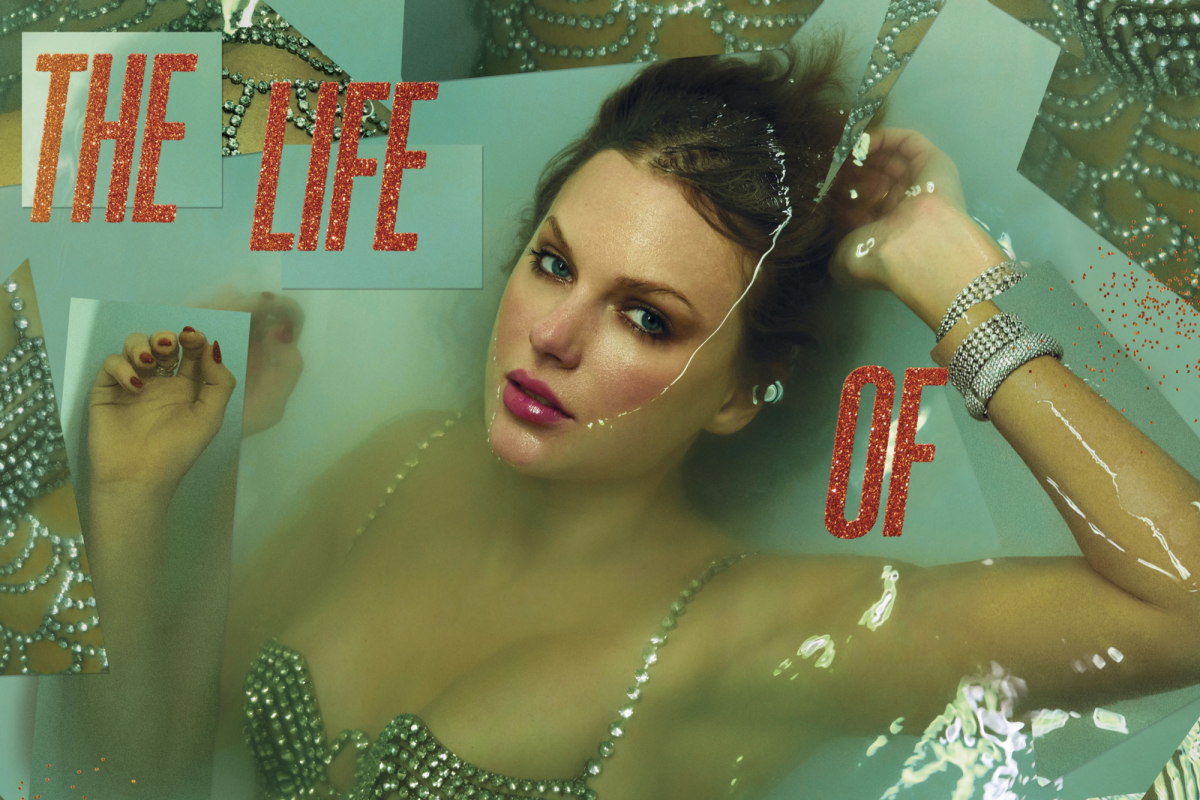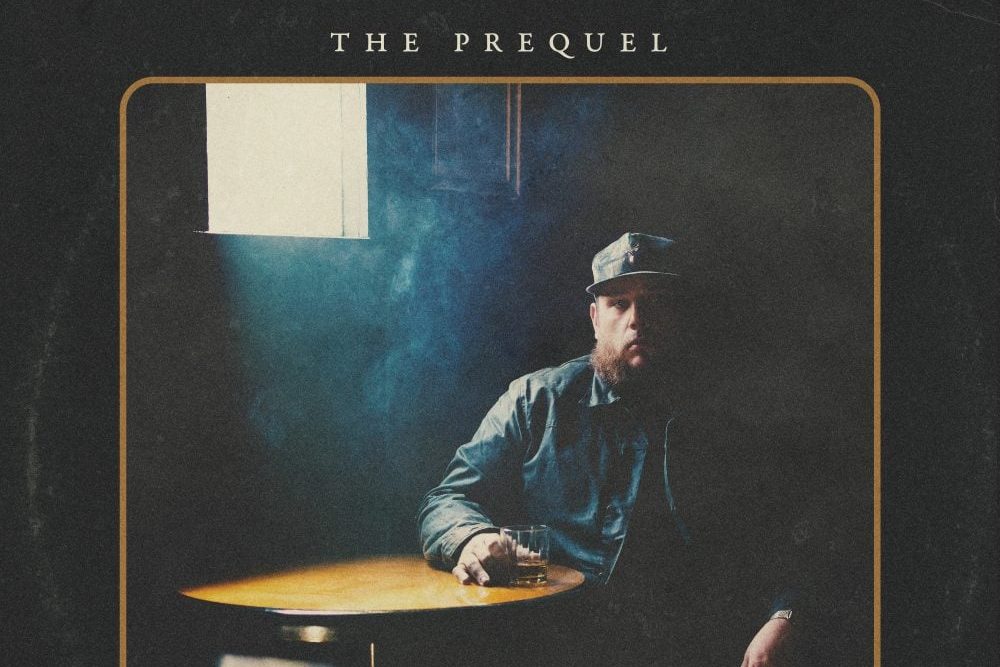Conan Gray writes music with the intimacy of journal entries. With his fourth studio album “Wishbone,” released on Friday, Gray steps back from the experimental, ‘80s inspired elements of “Found Heaven” and returns to the sentimental confessions that defined his earlier work.
Born from bedroom song covers and the depths of 2013 YouTube, Gray’s career began with the release of “Idle Town” in 2017. His debut EP “Sunset Season” arrived the next year, followed by full length albums “Kid Krow,” “Superache” and “Found Heaven.” On many levels, “Wishbone” marks a new chapter, as it is the first album that Gray owns the rights to.
According to Gray, the album was the unintentional product of two years of songwriting and three hundred songs. It was built around the wishbone ritual as a metaphor for relationships — how unevenly both break apart.
Of the 12 tracks, two came early: “This Song” on May 30 and “Vodka Cranberry” on July 11. Later joined by “Caramel,” the three puzzle together the relationship between fictional characters, Wilson and Brando, whose story is visually accompanied by a trio of music videos.
The album’s opening track, “Actor,” is a post-breakup song enveloped in familiar acoustic guitar and aching strings, shattering the more tender, romantic impressions left by the first singles. It sounds less like spite and more like mourning, collapsing onto an unfinished tone that makes the transition into “This Song” feel like a rewinding of time.
“This Song,” the earliest look into the album, is one of Gray’s rare, true love songs. Off-kilter percussion stutters and staggers like a nervous heartbeat as strings soar in the background. It feels like falling in love in a meadow as sunlight breaks through overcast skies, like pining on late-night drives through the suburbs.
Track three, “Vodka Cranberry,” spins the storyline back towards uncertainty, marking the point in a relationship where the end feels inevitable. The vocals and melodies climb and fall restlessly. Many lyrics in the verse follow an iambic pattern, making the song catchy while also emulating a faltering feeling, like taking a step forward only to retreat again.
From there, the album ricochets between complex emotions. “Romeo” is a burst of dramatic spite, fitting for its Shakespearean inspiration, while “My World” reclaims a new sense of control. “Class Clown” has a twisted, circusy melody with an off-putting dissonance that makes for a divisive listening experience.
Midway through, Gray falls into reflection. “Nauseous” sways like a slow dance, weighed down by his fear of abandonment and hesitance to love. In contrast, “Caramel” is intense from the start, opening with a sharp count in and guitar riff. The track burns with yearning, reflecting on someone who lingers long after they have left.
“Connell” stands out with its angelic chorus and self-deprecating lyrics, while “Sunset Tower” has a chorus with a worn down quality. “Eleven Eleven” is another song that softly exudes yearning, through superstitious references and imagery. Closing with “Care,” Gray arrives at a point of tentative resolution, realizing that while the romance is over, he is also mourning the loss of a friend.
Eight years after his debut, “Wishbone” feels like another step forward for Gray. While he does not reinvent his sound, he returns to the heartfelt sentimentality that first captivated listeners, with a new perspective and maturity. The album is slightly uneven at times, and not every song lands with the same weight. But this asymmetry stays true to the theme; together they capture the feeling of holding on to something even after it fractures. After all, a wishbone never breaks even.
Rating: 4.6/5










Layla Jiao • Aug 22, 2025 at 3:55 pm
So in depth, analytical, and well written!!